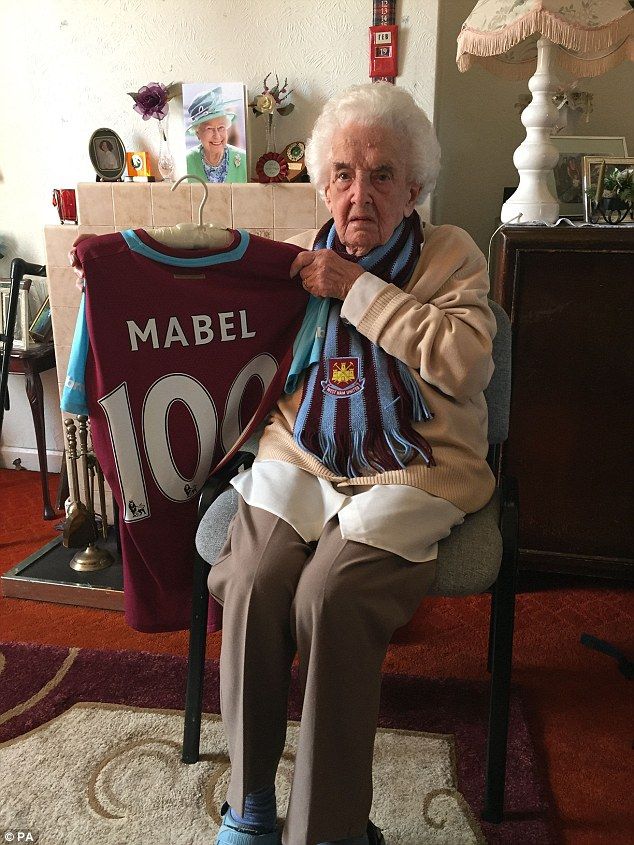
Being part of any fandom, is it healthy for you?
Being part of any fandom, is it healthy for you? Are you the kind of person who can’t help but daydream about your favorite fictional characters, football club, fabricated celebrities? Do you love mentally inserting yourself into the stories you read and watch, constantly coming up with exciting fan theories, prediction, and everything around it? Plus, do you have a long list of “things to follow” that you happily return to day after day to watch, to attend, to participate in? If you are not (which is unlikely), ask the person near you, is he/she being part of a fandom—for a football team, a television show, or a country singer?
Let me start with me, well I am that kind of person. And I might can say it’s pretty much the same to everyone, of course in some degree or the dose of it probably varies between one person to another. It was basketball that fill most of my brain when I was younger, I guess Michael Jordan at that era having a huge influence. In the 90 era, even those who don’t know basketball at all did know about Michael Jordan, he was the global hero at that time. After his resignation in 1998, and the famous Zizou header in 1998 World Cup, I switch to like football more and was fascinating by the great treble of 1999 Manchester United and I am Red Devil fan still till today. In some sense, it’s not pretty much healthy to be Man United fans lately, lol. But that’s just me. There are fans who cheer for their city no matter the sport, fans who follow specific players even when they switch teams or go free agent and take pride in spotting their potential early on, and fans who are all about the stats, figures, and trivia… or even those who love the rivalries and debates with other fans and fandoms.
But, being dominated in my fantasy and imagination about that football, Jordan, United, is it serve me benefits? is it more likely to be a waste of time/potentials? Well, in my own version of interpretation, it isn’t. It become the fire in me when I play basketball and football, the gear of my social circles and activities, in general it is become the high octane fuel of my existence, my desire, sort of joy and excitement. My own fandom gives a sense of belonging, boosts social confidence, and put away feelings of loneliness, isolation, and alienation.
On the other side like K-Pop. Members of idol fandoms may better themselves in the pursuit of their obsession, such as by studying to enter the same university as their idol, learning foreign languages to follow their idol’s career abroad or learning image-processing techniques to edit photos of the idol. Fandom may also lead to other interests, for example, idol group JYJ‘s fans like musicals because of musical appearances by Kim Junsu.
Fans role in creating their own fan content allows for idol groups to gain mainstream exposure in the west, and have tours abroad.
In addition to benefitting the idols themselves, Korean fan culture has the potential to improve fan’s mental health. Fans can develop a social identity online, which allows them to interact with other fans who have the same interest in a specific group or idol and form relationships outside of the fandom itself. One’s self-esteem can also be uplifted by partaking in South Korean fan culture, with other fans encouraging each other to be accepting of their own appearance.
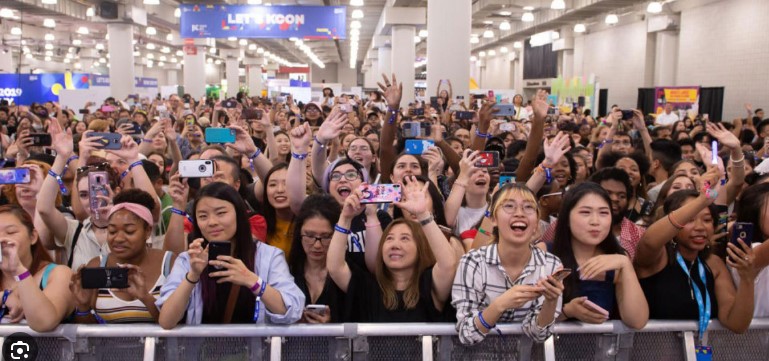
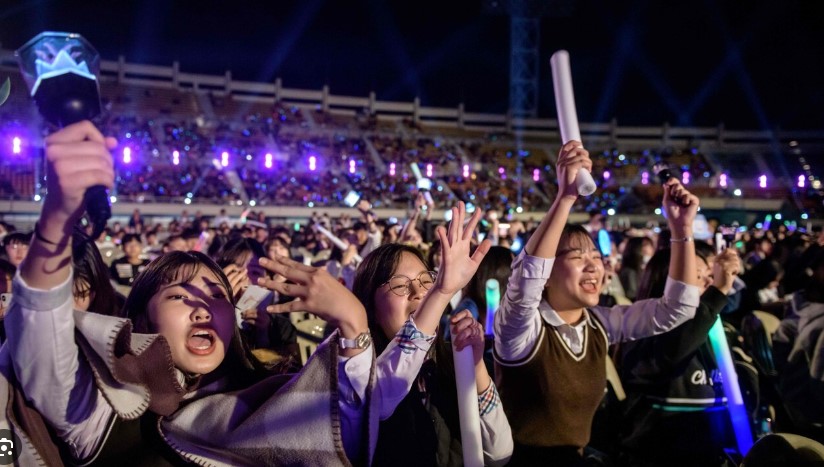
As social beings, we want to belong to a group and climb the social ladder to gain influence and the things we desire. Fans can boost their status through their team’s successes, but this status is threatened when their team loses. Highly identified fans are more sensitive to negative outcomes, like losing, and have stronger reactions to these threats to their identity. In football you can easily see it when their team scored or conceded. But it would make sense for fandom friendships to promote well-being,
Stephen Reysen, social psychologist at Texas A&M University–Commerce says. “Belongingness and participating with groups, in general, in psychology research shows that you’re happier.” Fan communities create supportive environments for many types of people. And that sense of community seems to be good for fans’ overall well-being, Stephen Reysen added.
According to social identity theory, we shape our identity based on the groups we belong to, making being a fan of a particular team a core part of who we are. When the team does well, fans experience a sense of shared achievement, with hormonal surges and physiological changes similar to the athletes on the field. Highly identified fans feel even bigger boosts in positive emotions after a win. This phenomenon, called “basking in reflected glory,” means the team’s successes elevate their status and bring a strong sense of pride, making it a powerful and reinforcing experience.
Of course there’s a positive and negative in this fandom too, just like everything else, just like the life itself. Fandom can provide great distractions from the worries and troubles, from plague of daily living.
Whatever you’re a fan of, just enjoy the fandom to the fullest!
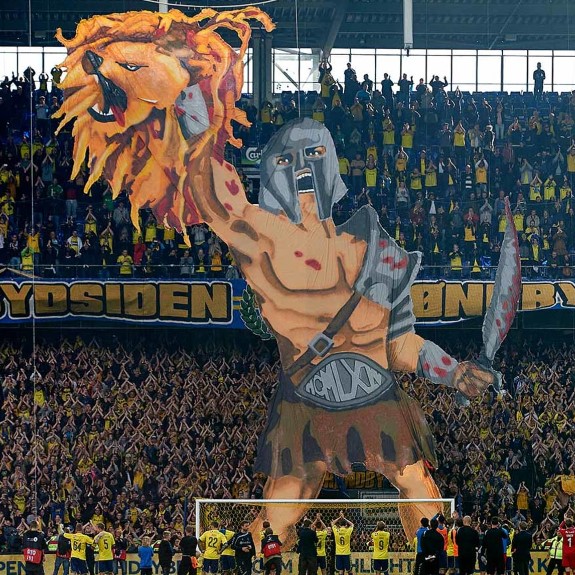


Key Psycological aspect of fandom:
Identity and Belonging:
At its heart, fandom offers a vibrant sense of identity and a place to belong. Rooting for a particular team or K-pop group often becomes an integral part of who we are. This shared allegiance crafts a lively community where fans feel they are part of something grander, nurturing a bond with like-minded individuals. It’s not just about the game or the music; it’s about finding a tribe that speaks the same language, celebrates the same victories, and mourns the same losses. The connection forged in these fan communities is powerful, transforming strangers into friends united by their collective passion.
Emotional Investment:
The emotional rollercoaster of cheering for a sports team or a K-pop group is unlike anything else. The highs of victory, the lows of defeat, the electrifying thrill of competition, and the awe-inspiring resilience displayed by athletes and idols all contribute to a unique emotional investment. Psychologically, this investment triggers the release of feel-good chemicals like dopamine and oxytocin, creating a natural high and deepening the connection between fans and their idols. Studies show that the joy from a team’s success or an idol’s achievement lingers longer than the disappointment of a loss, making the emotional journey deeply rewarding.
Escape and Distraction:
Being a sports or K-pop fan offers a delightful escape from the daily grind. When fans cheer for their teams or idols, they dive into a world where the only thing that matters is the game or the performance. This form of escapism allows individuals to temporarily distance themselves from personal challenges, finding solace and joy in the unfolding drama of a match or the excitement of a concert. Whether it’s the nail-biting tension of a close game or the exhilarating rush of a live performance, sports and K-pop provide a much-needed break from reality.
Sense of Control:
Supporting a sports team or a K-pop group gives fans a thrilling sense of control over something outside their immediate influence. Even though they can’t directly determine the outcome of a game or a music award, the act of cheering, wearing team colors, or engaging in pre-game rituals and fan chants creates a powerful feeling of influence over their favorite’s destiny. This sense of agency, however symbolic, contributes to a greater feeling of personal control and satisfaction.
Shared Narrative and Tradition:
The rich narratives woven into the fabric of sports and K-pop, filled with triumphs, heartaches, underdog stories, and dramatic comebacks, become a cherished part of a fan’s personal history. These shared experiences and traditions, whether handed down through generations or newly created, strengthen the emotional bonds between fans and their idols. Each game, each comeback, and each music video adds a new chapter to a shared story that fans collectively cherish and celebrate.
Social Validation:
Being part of a fandom brings a significant dose of social validation and acceptance. The unique subculture of shared language, rituals, and symbols associated with a team or a K-pop group fosters a sense of belonging that enhances self-esteem. It provides fans with an easy way to connect with others who share their passion, creating friendships and a supportive network that extends beyond the realm of sports or music.
Mirror Neurons and Empathy:
Mirror neurons, which help us imitate and understand others’ actions and emotions, play a fascinating role during sports events and K-pop performances. When fans see their favorite athletes struggle or triumph or their idols perform and succeed, these neurons fire, creating a deep empathetic connection. This shared emotional experience not only strengthens the bond between fans and athletes or idols but also among the fans themselves, as they collectively ride the waves of emotional highs and lows.
Influence of Childhood and Family:
Early exposure to sports and team loyalty or K-pop fandom within a family context can significantly shape an individual’s interests. Childhood memories of watching games with family members or listening to K-pop with siblings create lasting emotional imprints, fostering a lifelong commitment to a particular team or group. These nostalgic moments, filled with family bonding and shared excitement, lay the foundation for a deep-rooted love of the game or the music.
Conclusion:
The psychology of sports and K-pop fandom is a rich tapestry of identity, emotion, and social connection. As fans, we navigate the exhilarating highs and crushing lows alongside our teams and idols, forging enduring connections that transcend the sport or music itself. Understanding the profound psychological reasons behind our passion adds a layer of depth to the experience, making the world of fandom an endlessly fascinating and uniquely human phenomenon. From the camaraderie of shared identity to the emotional investment and social validation, being a fan is about more than just watching a game or a concert—it’s about being part of a vibrant, living community that celebrates the joy of sport and music.
References:
https://en.wikipedia.org/wiki/Fandom_culture_in_South_Korea
https://www.snexplores.org/article/fandom-fan-psychology-comiccon-marvel-fiction
https://www.psychologytoday.com/au/blog/the-science-of-fandom/202302/why-football-fans-get-so-emotional
https://www.sportingbounce.com/blog/the-psychology-of-fandom-why-we-love-our-teams


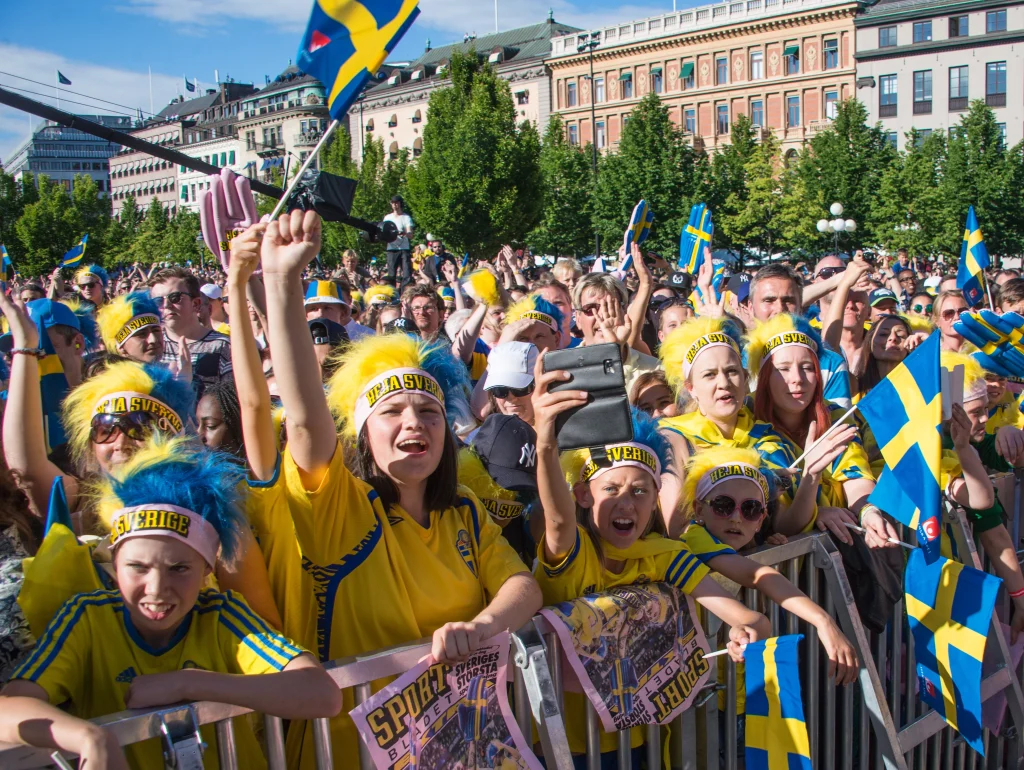


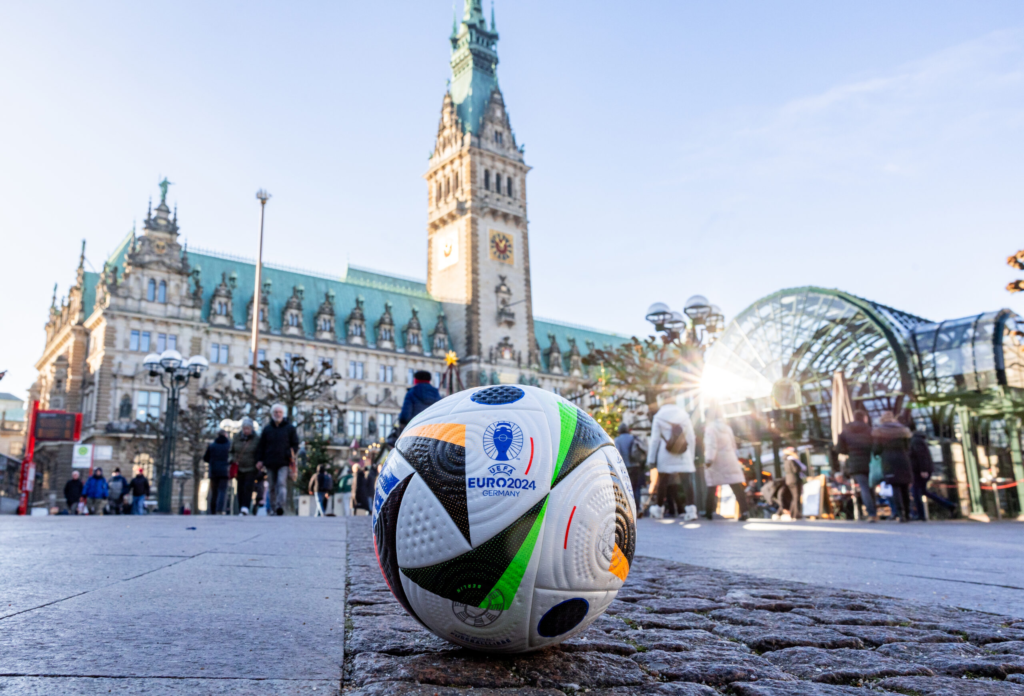
Responses